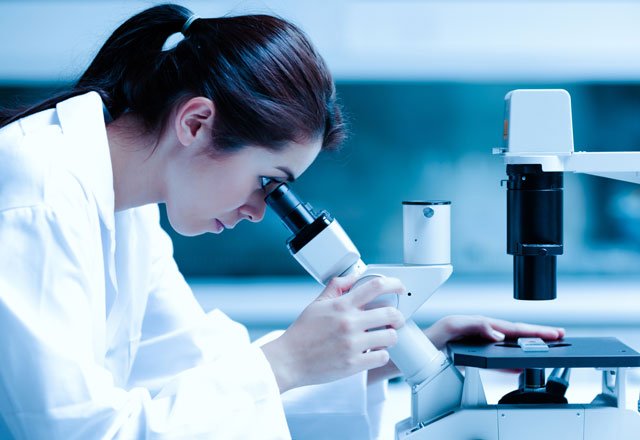
Daiichi Sankyo Company, Limited, Mitsubishi UFJ Capital Co., Ltd. and Tokyo Institute of Technology have announced that they will commence open innovation research with the aim of creating insulin producing cells from iPS cells for use in regenerative medicine and cell therapy.
The Kume and Shiraki Lab at the School of Life Science and Technology, Tokyo Tech, has developed a technique to produce pancreatic β cells (insulin secreting cells in the pancreas) derived from human iPS cells at a high rate. It has been found that this technique enables creation of iPS cell-derived insulin producing cells similar to the body’s own pancreatic β cells in combination with Daiichi Sankyo technology.
The research will improve the performance and manufacturing process for such iPS cell-derived insulin producing cells, aiming at practical application as an innovative therapy for severe type I diabetes, for which blood glucose management is difficult with conventional insulin therapy, and in which high unmet medical needs exist.
To carry out the research, a new company called OiDE BetaRevive, Inc. has been established and will be wholly funded by the OiDE Fund Investment Limited Partnership operated by Mitsubishi UFJ Capital.
If the pre-agreed goals of the three-year joint research are achieved, Daiichi Sankyo will purchase all of the stock of BetaRevive in order to continue research for the project on its own. After a successful product launch, Daiichi Sankyo will pay considerations to Tokyo Tech in the form of royalties.
The research is the 4th OiDE Fund investment, and Daiichi Sankyo and Mitsubishi UFJ Capital plan to continue to carry out further open innovation projects to develop new drug discovery platform technologies using the OiDE fund.




